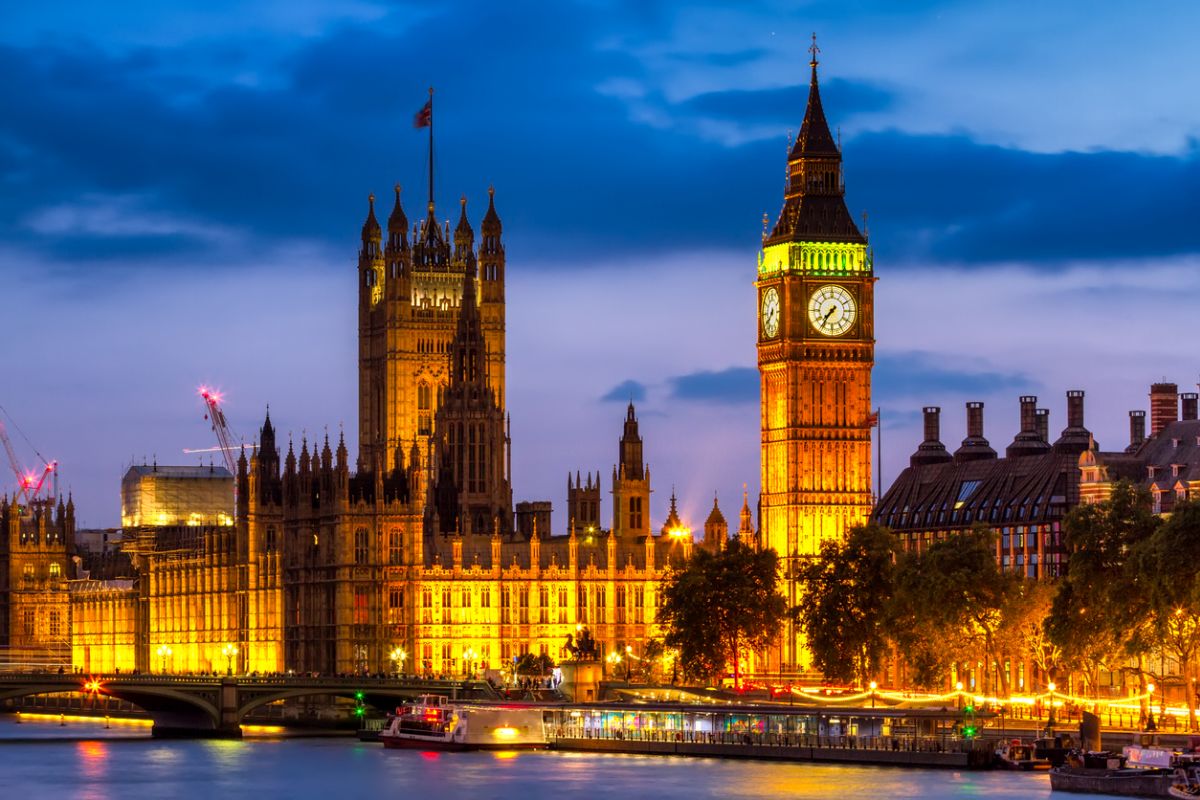EU leaders agree for new sanctions on Iran
European Union leaders agreed late on Wednesday on new sanctions targeting Iran for the direct attack on Israel.
This is a forbidding challenge for a Prime Minister who helms a divided party.

Houses of Parliament, London [representational image]
Britain’s route out of the European Union has become ever so uncertain since 2 a.m. (GMT) on Tuesday when Parliament was prorogued for five weeks. This is the longest period of legislative suspension and very evocatively has the timing been described as “a long, wild and historic night in Westminster”. In the immediate aftermath of the prorogation, at least one historian, pre-eminently Sir Simon Schama, has drawn his inference, which must be a damning indictment of the resident of 10 Downing Street, now increasingly wobbly at the knees ~ “Shutting Parliament during the gravest national crisis since the war is an act of grotesque cowardice; but history will remember the infamy and those responsible for it with indelible contempt”.
The fact that the institution has been shut down at a crucial juncture has even been decried in certain quarters as “pantomime politics”. There is little doubt that the Constitution has been denuded and the current deadlock would suggest that the country is headed for a general election ~ indeed the third in a span of three years. This is the stark option before both the government and the Opposition. Parliament has let it be known that it is opposed to a no-deal Brexit; it has indeed passed a law that mandates an extension.
Pitted against the legislative position is the lame duck Prime Minister, Boris Johnson’s insistence that Brexit will not be deferred beyond October 31. Equally, he has pledged that he will adhere to the law. The inherent contradiction makes the scenario still more fogbound. Indeed, the joust between the executive and the legislature has overshadowed Brexit, the core issue since the referendum in June 2016. The next few weeks are likely to be dominated by a quest for a deal and the start of a long campaign until the election is scheduled. Even if the UK and the European Union agree to a deal, it would still need to be passed in Parliament.
Advertisement
This is a forbidding challenge for a Prime Minister who helms a divided party. The government is much too fragile to effect so momentous a development. With the Conservatives divided, parties and politics in Britain have seldom been so competitive. Parliament will return on 14 October. The Queen’s speech, crafted by the government, will be about electoral positioning, but misgivings that it won’t even pass the Commons are not wholly unfounded. This effectively means that the government has lost confidence, and Mr Johnson might even try to bring about a vote of no-confidence in himself ~ a route set out in the Fixed-term Parliaments Act ~ to facilitate an election. Has Brexit been relegated amidst the joust within?
Advertisement